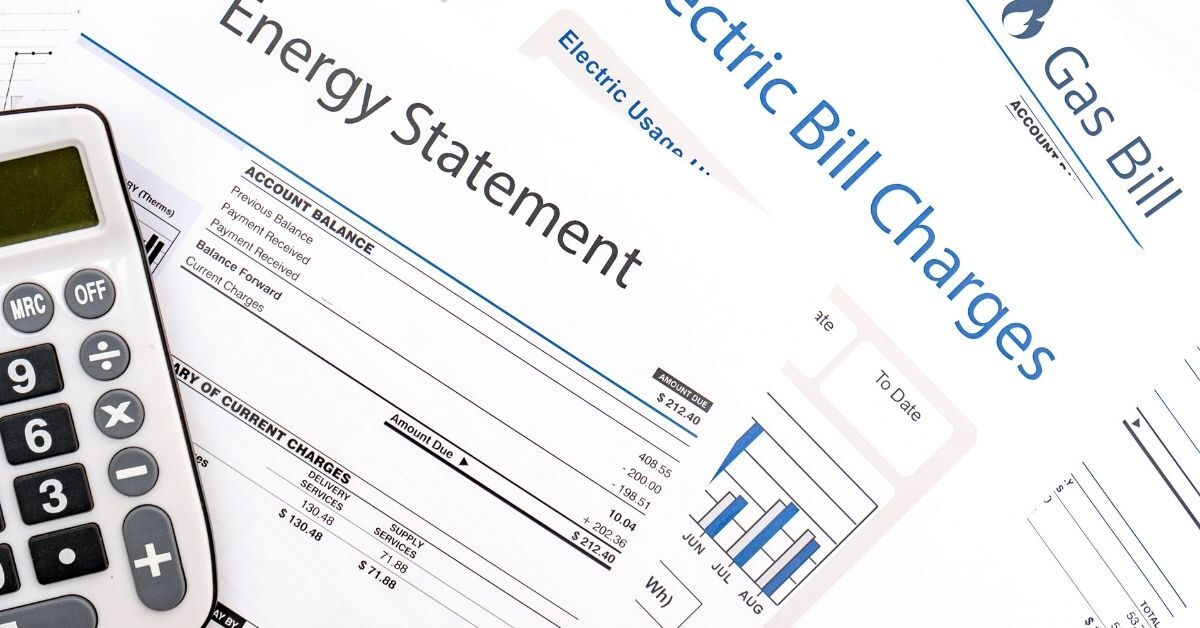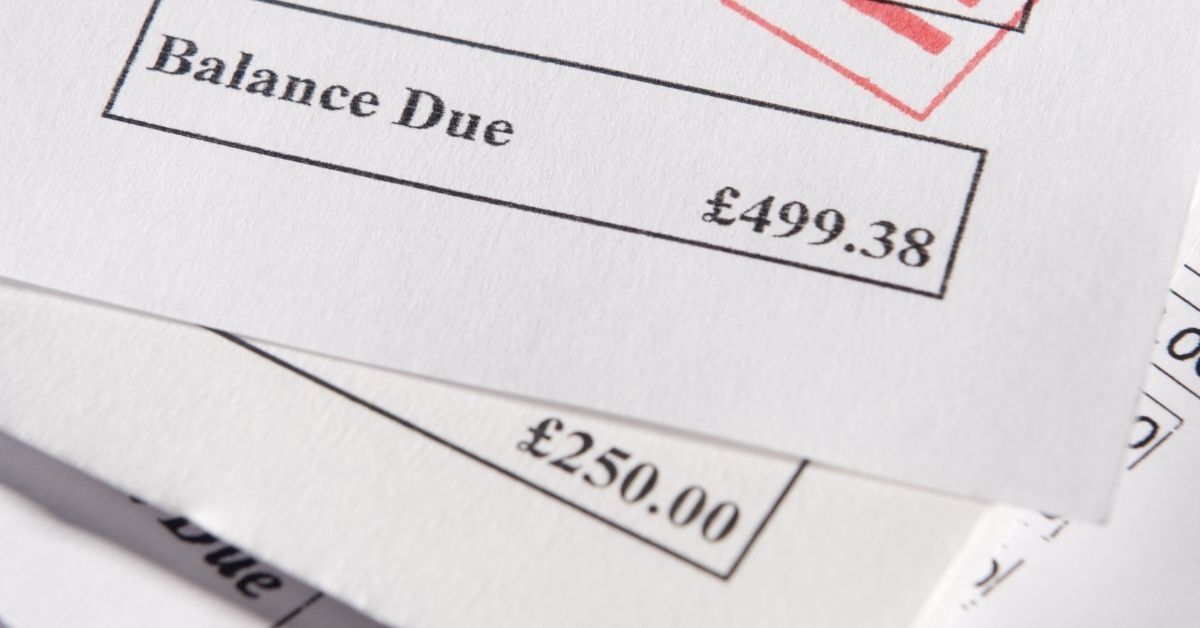How should Energy Suppliers explain Energy Bill Increases?
We take a look at a few ways an energy supplier can explain to their customers why their energy bills are rising.
The major factors for energy bill increases
The vast majority of energy bill rises are not the fault of the energy supplier, instead, there is a whole host of factors that range from rising wholesale costs, increased regulations, and rising network costs.
The increasing policy costs associated with the nations push for greener energy and the associated costs are adding to energy bill costs. Projects such as the smart meter rollout are also playing its part.
Consumers themselves have a part to play in ensuring that they are on the cheapest available energy tariffs.
An energy supplier facing complaints about high bills costs should check to see whether the customer is actually on the cheapest tariff available.
The main causes of rising energy bills are as follows:
- Wholesale costs
- Operating costs and Environmental/ social obligations
- Network costs
- VAT
- Other direct costs
Also read: Energy Bills: Helping your customers understand their energy bills
Wholesale Energy Costs
Wholesale costs are the biggest cause for rising energy bills as when they rise so do our energy bills. A series of factors contribute to this such as global supply and demand, geopolitical issues that may impact on supply and most recently the massive impacts of the Coronavirus pandemic.
In 2020, wholesale prices tumbled as many of the world’s nations went into lockdown. Heavy industry and manufacturers, the areas of the economy that require the most energy slashed demand and wholesale prices slumped by record margins.
Unfortunately, the decline in wholesale prices was not able to result in much of a decline in energy bills as with the sharp fall in demand energy suppliers weren’t able to make as much money from non-domestic customers.
Since then, however, with the easing of lockdown measures demand for energy has surged globally sending wholesale prices shooting higher.
The jump in wholesale prices has forced energy suppliers to raise energy bills to cover the rise and as a result Ofgem is expected to hike the energy price cap by £150 in October.
The price rises have led to the media running stories warning consumers that they are now facing huge price hikes this winter.
Currency fluctuations also play a part when it comes to wholesale energy costs. Following the Brexit referendum in 2016, the Pound fell sharply meaning that suppliers had to pay more to buy the same amount of energy, this, in turn, led to energy bill rises.
Also read: Ofgem considering Energy Bill hike to help ease pressure on Energy Suppliers
Operating costs and Environmental obligations
Energy suppliers have to pay their staff, keep their lights on, maintain their systems, invest in new technologies and abide by often costly regulations. All of these things cost money.
The growing focus on green energy and the spate of announcements from the government about achieving NetZero emissions by 2050 has also raised the costs for energy suppliers.
Energy efficiency improvements, environmental levies and taxes all contribute to energy bill costs. As the green push gathers pace, it is hard to see how the slew of new green policies can be enacted without suppliers having to raise energy bills.
Currently, it seems as though the regulator and government are happy for energy suppliers to receive the flak for these cost increases when in reality it is government policy that is the true cause.
Schemes like the Renewables Obligation have been responsible for the collapse of several energy suppliers and when this happens the costs and RO shortfalls are passed on to the other energy suppliers. This inevitably forces energy suppliers to raise energy bills for consumers.
Also read: Three energy suppliers receive Final Orders from Ofgem for unpaid Renewable Obligations Payments
Network costs
Also known as transportation costs these costs cover things such as building infrastructure and maintaining and operating the gas and electricity networks.
Energy suppliers have to pay network companies in order to do these tasks but the amount a network can charge is limited by rules laid out by Ofgem. An energy supplier needs to explain to its customers that unlike their supplier they cannot choose which energy network manages their areas energy infrastructure.
Network costs, due to their heavy regulation tend to not fluctuate as much as wholesale costs. Currently, Ofgem is facing a huge fight from the networks over its funding plans for the next five years.
Also read: Unprecedented rebellion on the cards as energy companies protest Ofgem pricing plans
Failing energy suppliers and bad debt
Whenever an energy supplier does fail it causes a major headache for not just their customers but for other energy suppliers.
This is because when one supplier fails the costs and shortfalls are passed onto the others.
2020 has seen several energy suppliers go bust, mostly as a result of failing to keep up with their Renewables obligations.
There are now fears that October 2021 could see a number of smaller suppliers fail due to the double whammy of rising wholesale prices and the payment deadlines for several obligations.
As a result of the Covid-19 pandemic, there is increasing concern over bad debt. With more customers being made redundant as a result of the lockdowns and its devastating impact on the UK economy, the number of customers unable to pay their bills is growing.
A shortfall on energy bill payments then leaves suppliers no choice but to make up the difference by raising prices for other customers. With the full impact of the pandemic not expected to reveal itself until 2021, energy suppliers should prepare their customers for impacts on their energy bills.
Also read: Worries grow over possible wave of small energy supplier failures in October
Energy Tariffs
The right energy tariff can make a world of difference to a customer’s energy bills and as such a supplier should make sure their customers are on a tariff that is right for them.
Assisting them this way will help improve your reputation and in turn potentially lead to more customers switching to your company.
Also read: How does the UK Energy Market work – Tariffs and Energy Billing
Energy suppliers often get the brunt of the complaints when it comes to energy billing costs but by explaining to customers the various factors that impact them, they should hopefully realise that many of the contributing factors are actually out of the suppliers’ control.
All an energy supplier can do is to do their best to offer the best tariffs and customer service.
Further Reading
Energy Billing – How does it work?
How should an energy supplier handle energy billing complaints?
Dyball Associates are proud to help new supply businesses successfully launch in the UK market.
Through our energy market consultancy services, and the software we’ve developed, we’re supporting new UK electricity and gas suppliers get set up and start supplying.
For more information on how to start and manage an energy company, get in touch with Dyball Associates today.







